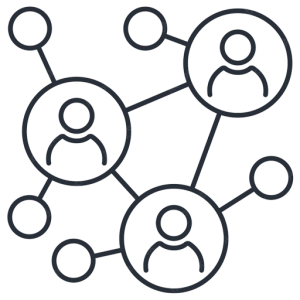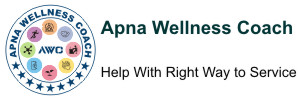Wellness
Wellness is the act of practicing healthy habits on a daily basis to attain better physical and mental health outcomes, so that instead of just surviving, you’re thriving.
To understand the significance of wellness, it’s important to understand how it’s linked to health. According to the World Health Organization (WHO), health is defined as being “a state of complete physical, mental and social well-being and not merely the absence of disease or infirmity.”
Several key areas of your lifestyle are considered dimensions of overall Wellness. They include: social connectedness, exercise, nutrition, sleep and mindfulness. Each one has an impact on your physical and mental health. By making simple and healthy choices on a daily basis, you will be well on your way towards reducing stress, having positive social interactions and achieving optimal wellness.
Start with small changes within each dimension and take it one day at a time – you don’t have to run a marathon or go on a restrictive diet to implement wellness into your everyday life! We’ve listed a few examples for each dimension:

Did you know that practicing mindfulness is good for the body and mind, helps with focus and also changes the brain? Take a moment right now to consider your own mind and how you are feeling. The more you tap into your own thoughts, the more you may become aware of how you react to stressful events – so start practicing mindfulness today!
Spiritual wellness involves finding your life’s meaning and purpose and understanding the values, beliefs, and morals that guide your actions. Spiritual wellness is not: Spiritual wellness is: … Living life according to rigid rules and cultural norms. Experiencing life according to your life purpose and values.

Connecting with friends or loved ones is a great way to help improve your physical and mental health. Take 10 minutes out of your day to call someone you’ve been thinking about. This is a great way to connect and catch up with the people that matter the most to you.
Environmental wellness refers to your sense of safety, comfort, and connection with your physical surroundings. It involves considering the interactions between your environment, your community, and yourself. Environmental wellness can be enhanced by living more in harmony with the planet and your community

Consider your sleep hygiene. Avoid caffeine after 12pm, include quiet and calm activities before going to bed, and wake up at the same time every day – these are simple ways you can begin your journey towards becoming a successful sleeper.
Emotional wellness is the ability to successfully handle life’s stresses and adapt to change and difficult times.

Even 20 or 30 minutes of daily exercise can have a positive impact on your overall sense of well-being and help improve your mood. Don’t know where to start? Try a brisk walk on your lunch break or opt for the stairs instead of the elevator when you can.
Physical wellness consists of recognizing the need for physical activity, healthy foods, and sleep, as well as preventing illness and injury or managing chronic health conditions.

By adding wholesome ingredients to your plate, you’ll be taking steps towards becoming a healthier you. Some food for thought: pack an apple and some raw veggies in your bag to keep as a handy snack. This may help you avoid vending machines or fast food when you’re on the go.

Financial wellness (or financial wellbeing) refers to a person’s overall financial health and the absence of money-related stress. It’s the result of successful expense management. Financial wellness is an important part of overall employee wellbeing which consists of physical, mental, and financial wellness.

Intellectual wellness means striving toward good mental health, continued intellectual growth, and creativity in life. This can include continued learning, practicing problem solving, improving verbal skills, keeping abreast of social and political issues, and reading books, magazines, and newspapers.

Occupational wellness is the ability to achieve a balance between work and leisure in a way that promotes health, a sense of personal satisfaction and is (for most people) financially rewarding.
